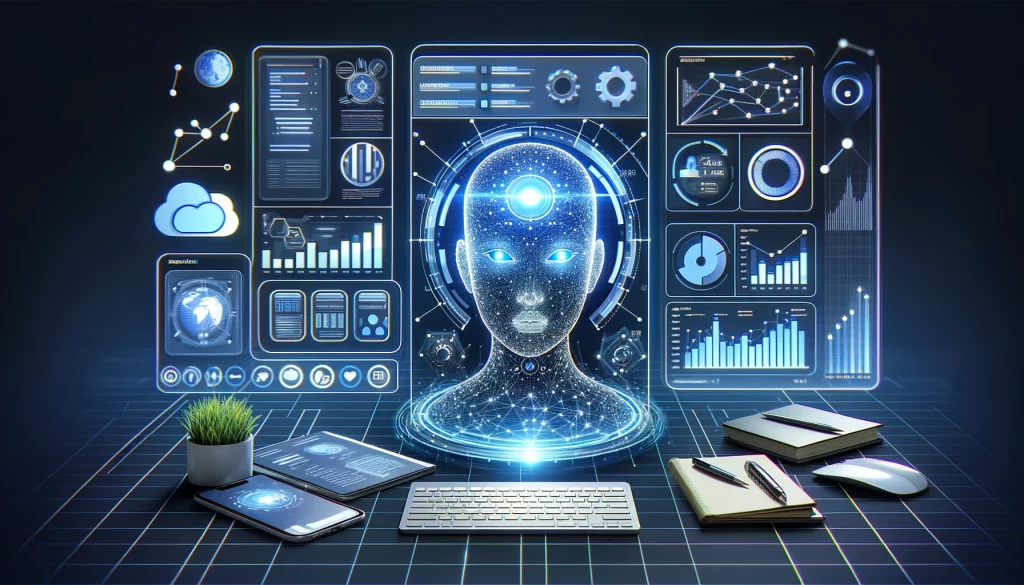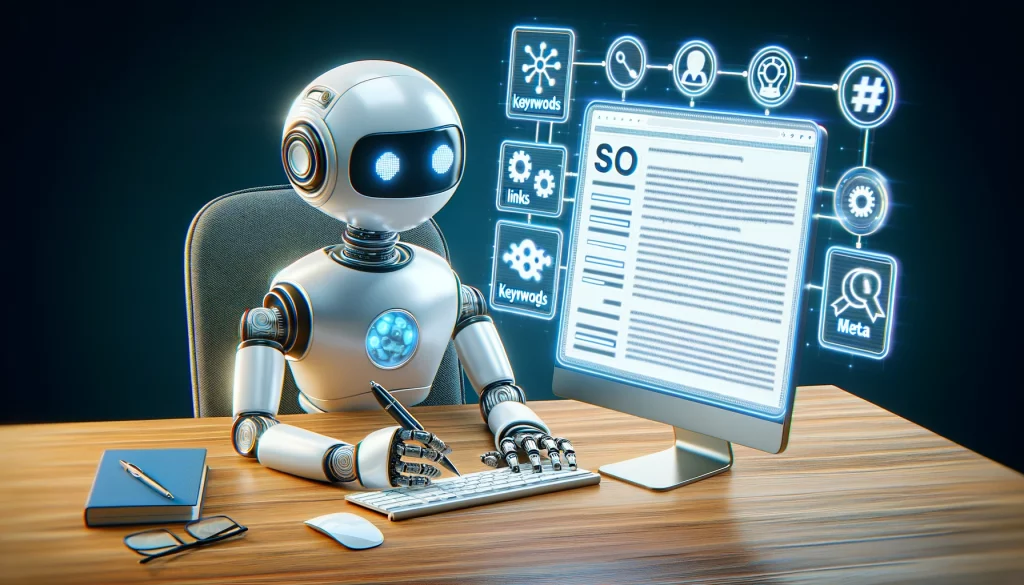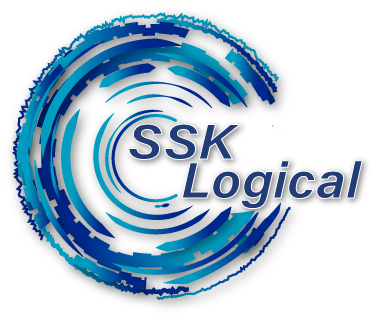In the dynamic landscape of digital marketing, the integration of Artificial Intelligence (AI) in Programmatic Search Engine Optimization (SEO) stands as a pivotal revolution. This article explores the multifaceted role of AI in reshaping SEO strategies, offering insights into how it’s transforming the domain for businesses and digital marketers alike.
Table of Contents
The Evolution of SEO: From Manual to Programmatic
The journey of SEO has been marked by constant evolution. From the early days of manual optimization, the field has progressed towards more automated and sophisticated approaches, with Programmatic SEO emerging as the latest advancement. This shift signifies a move from labor-intensive tactics to more efficient, data-driven strategies.
Understanding Artificial Intelligence


Before delving into the specifics of AI in SEO, it’s crucial to understand what AI entails. At its core, AI involves machines and software mimicking human intelligence, learning from data, and making informed decisions. This technological marvel is reshaping various industries, with SEO being no exception.
The Intersection of AI and Programmatic SEO
At the intersection of AI and Programmatic SEO lies a synergy that enhances both efficiency and effectiveness. AI’s ability to process vast amounts of data and identify patterns is invaluable in automating and optimizing SEO tasks on a large scale.
AI-Driven Content Creation and Optimization
One of the most significant applications of AI in SEO is in the realm of content creation. AI tools can generate SEO-friendly content, optimize existing content, and ensure that every piece aligns with search engine algorithms, thus improving visibility and rankings.
Data Analysis and SEO Strategy Formulation
AI excels in analyzing big data, a crucial aspect of Programmatic SEO. By sifting through extensive datasets, AI helps in formulating robust SEO strategies that are both responsive and predictive, adapting to the ever-changing landscape of search engine algorithms.
AI in Keyword Research and Meta Tag Generation
Keywords are the cornerstone of SEO. AI algorithms can automate the process of keyword research, identifying the most relevant and high-performing keywords. Additionally, AI can generate meta tags that are optimized for these keywords, streamlining the optimization process.
Personalization and User Experience
AI’s role in enhancing user experience cannot be understated. By understanding user behavior and preferences, AI-driven Programmatic SEO can tailor content and recommendations, offering a more personalized and engaging user experience.
AI and Link Building Strategies
Link building, a vital SEO tactic, is also being revolutionized by AI. AI tools can identify potential link-building opportunities and assess the quality of links, ensuring that SEO efforts are not just abundant but also effective.
The Impact of AI on SEO Performance and Metrics


The integration of AI in SEO translates to improved performance and measurable metrics. AI-driven strategies often result in higher search rankings, increased traffic, and better engagement, ultimately contributing to a stronger online presence.
Ethical Considerations in AI-Driven SEO
While AI brings numerous benefits, it also raises ethical concerns. It’s imperative to use AI responsibly, ensuring that SEO tactics don’t compromise on quality or mislead users. Ethical use of AI in SEO fosters trust and maintains the integrity of the digital ecosystem.
Preparing for the Future: AI and SEO Trends
As we advance, AI is set to play an even more prominent role in SEO. Staying abreast of AI and SEO trends is crucial for digital marketers aiming to leverage this technology for optimal results.
Challenges and Limitations of AI in SEO


Despite its advantages, AI in SEO is not without challenges. Issues like data privacy, algorithmic biases, and the constant need for human oversight must be addressed to harness AI’s full potential in SEO.
Case Studies: Success Stories of AI in SEO
Several success stories illustrate the power of AI in transforming SEO strategies. These case studies provide valuable insights into the practical application and benefits of AI in Programmatic SEO.
Conclusion
The integration of AI into Programmatic SEO represents a significant leap forward in digital marketing. It offers unparalleled efficiency, accuracy, and scalability, making it an indispensable tool for modern SEO strategies. As the digital world continues to evolve, the role of AI in SEO will undoubtedly grow, offering new opportunities and challenges.
FAQ
Q. How does AI in SEO differ from traditional SEO?
A. AI in SEO automates and scales processes that were traditionally manual, making SEO more efficient and data-driven.
Q. Can small businesses benefit from AI in SEO?
A. Yes, AI in SEO can be particularly beneficial for small businesses by offering cost-effective and scalable optimization solutions.
Q. Are there any risks associated with using AI in SEO?
A. Risks include data privacy concerns, potential biases in AI algorithms, and the need for continuous monitoring and adjustment.
Q. How does AI impact the content creation process in SEO?
A. AI can generate and optimize content, ensuring it is both SEO-friendly and engaging for users.
Q. Will AI eventually replace human SEO experts?
A. While AI enhances SEO efficiency, the need for human expertise in strategy and creativity remains crucial.




